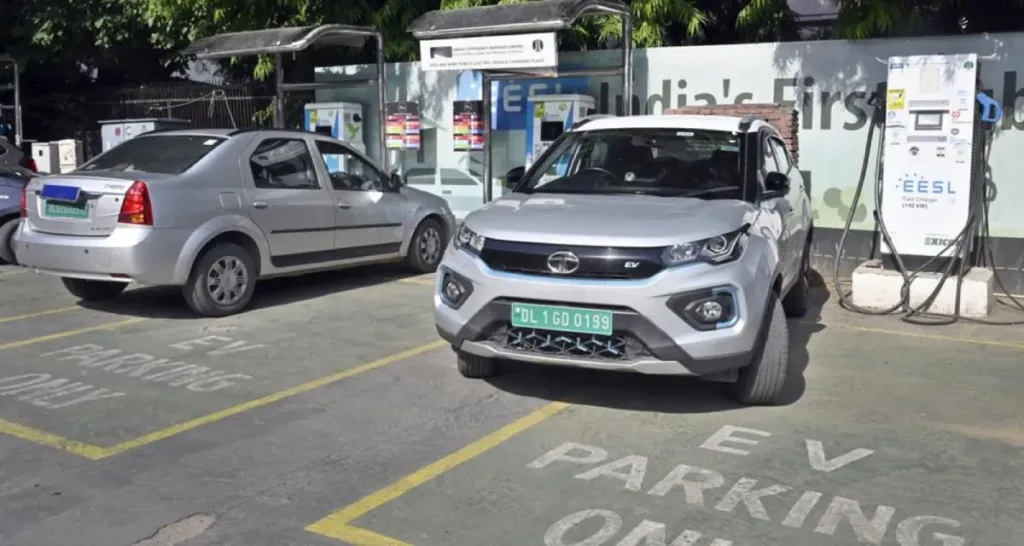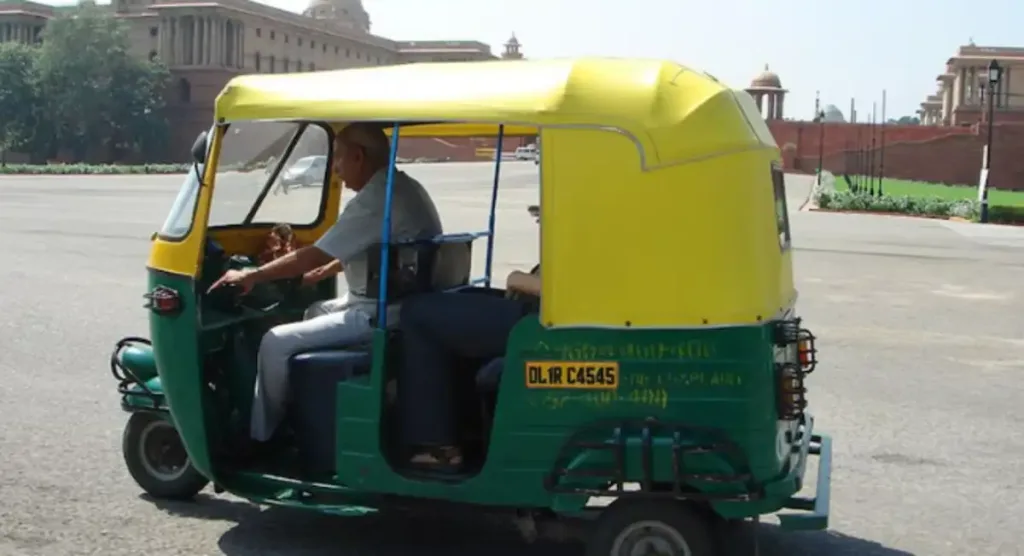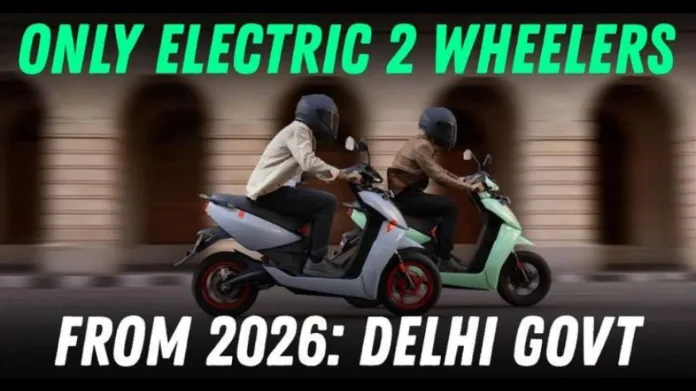Delhi is set to rewrite its transportation narrative with an ambitious Electric Vehicle (EV) Policy 2.0 that promises to dramatically reshape the city’s mobility landscape. The draft policy, currently awaiting cabinet approval, outlines a bold strategy to phase out fossil fuel-powered vehicles and accelerate the transition to electric mobility.
Key Highlights of Delhi’s EV Policy 2.0
1. Two-Wheeler Transformation
Starting August 15, 2026, Delhi will halt registrations for petrol, diesel, and CNG two-wheelers The draft policy recommends closing registration of petrol and CNG-powered two-wheelers from August 15, 2026. This means popular models like the Hero Splendor and Bajaj Freedom will no longer be sold in the city.
2. Auto Rickshaw Revolution
The policy takes decisive action against three-wheelers:
- New CNG auto rickshaw registrations will stop from August 15, 2025
- Existing CNG auto permits will not be renewed
- Vehicles over 10 years old must be:
- Retrofitted with electric systems
- Replaced with electric alternatives

3. Commercial Vehicle Transition
From August 15, 2025, new diesel, petrol, or CNG three-wheeler goods carriers won’t be registered. This move directly impacts delivery and logistics sectors, pushing them towards electric solutions.
4. Public Transport Goes Electric
The policy mandates a complete transformation of public transportation:
- All garbage collection vehicles owned by Municipal Corporation of Delhi, New Delhi Municipal Council, and Delhi Jal Board must transition to electric vehicles by December 31, 2027
- Delhi Transport Corporation (DTC) will shift to electric buses for intra-city services
5. Private Vehicle Ownership Rules
A unique provision requires that:
- Individuals with two existing fossil-fuel vehicles must purchase an electric vehicle as their next car
- The draft makes it mandatory that every third vehicle purchased by an individual will have to be an EV

Current EV Landscape in Delhi
Since August 2020, Delhi has registered:
- 26,787 two-wheelers
- 31,506 three-wheelers
- 5,266 four-wheelers
- 323 buses
The initial goal was to transform 25% of vehicles to EVs by 2024, but the current achievement stands at 13-14%. The new policy aims to achieve 95% EV adoption by 2027
Charging Infrastructure
Currently, Delhi has:
- 1,919 charging stations
- 232 swap stations
The draft policy suggests significant expansion of charging infrastructure, though specific numbers are yet to be announced
Conclusion
Delhi’s EV Policy 2.0 represents a landmark initiative in India’s sustainable transportation journey. While the draft may undergo modifications before final approval, it signals a clear commitment to reducing vehicular emissions and promoting clean mobility.
Also read: Xiaomi EV Deliveries Surge to Record Heights in China’s Race
FAQS
Will existing non-electric vehicles be banned immediately?
No, existing vehicles will likely be allowed to ply until the end of their operational life.
What support is available for vehicle owners?
The policy provides options for retrofitting existing vehicles and converting them to electric alternatives.


